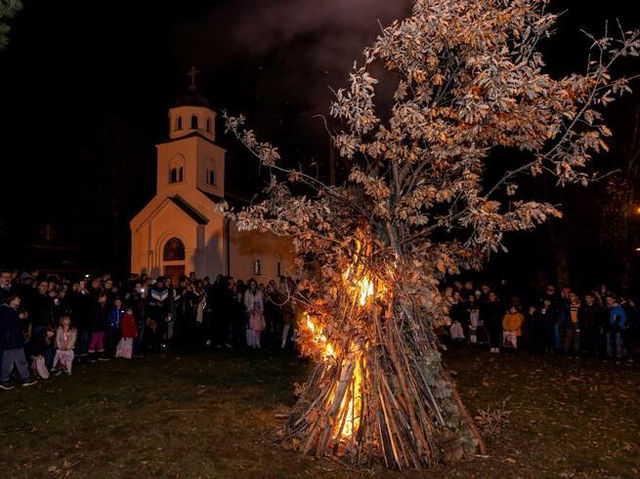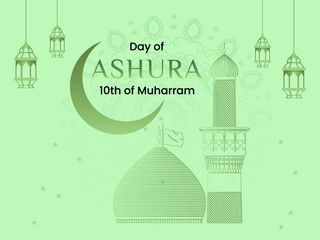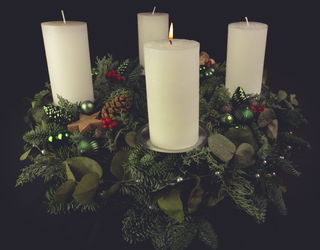- Calendar
- Calendar 2026
- January
- Orthodox Christmas
Orthodox Christmas
Orthodox Christmas takes place on January 7.
Orthodox Christians celebrate Christmas a little bit later than most of the world.
As with December 25th, Orthodox Christmas also celebrates the birth of Jesus Christ, the son of God. This holiday differs from Christmas Day as it places less emphasis on traditions such as Santa Claus, Christmas presents, and the decorating of a Christmas tree. Instead, it focuses on religious customs, liturgies, and traditional rituals such as midnight mass and the nativity of Christ.
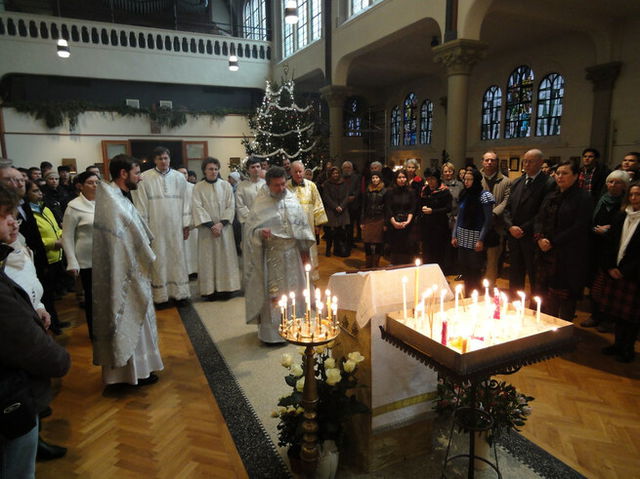
Orthodox Christmas is not a public holiday in countries such as the United States, the United Kingdom, and Canada so businesses and schools remain open as usual.
However, many countries such as Egypt, Belarus, Russia, Ukraine, Serbia, Ethiopia, Georgia, Kazakhstan, Macedonia, and Moldova observe a national holiday to celebrate Orthodox Christmas. Orthodox Christmas is largely celebrated in Eastern Europe.
History of Orthodox Christmas
Christmas falls on a different day in the Orthodox Church because the Church continues to observe the traditional Julian calendar, which has the original dates for Christian celebrations.
The Julian Calendar
Before the 16th century, Roman emperor Julius Caesar adopted and used a solar calendar known as the Julian Calendar to mark the dates. This was introduced in 45 BCE (Before Common Era) as a reform of the Roman calendar and was in use for many centuries as the standard calendar in Europe and the Western world.
The Gregorian calendar, introduced by Pope Gregory XIII in 1582, replaced it, attempting to solve many of the errors in timekeeping that were discovered within the Julian Calendar.
The Orthodox churches, however, did not accept the new Gregorian calendar and continued to follow the old Julian Calendar, which had January 7 as the birth date of Christ. According to the new calendar, the Jewish holiday Passover and Easter could fall on the same day in some years. This was unacceptable to the Orthodox Christians.
This holiday is also known as Old Christmas Day because it follows the old Julian calendar.
Differences Within The Orthodox Church
While Orthodox Christmas is more widely celebrated in Eastern European countries, Russian, Ukrainian, and Serbian communities in the United States who are followers of the Orthodox Church also wait until January 7 to celebrate their Christmas.
The Greek Orthodox Church however differs from other Orthodox Churches, in that it does not observe Christmas on January 7, instead celebrating on the 25th of December like most of the world.
Orthodox Christmas Customs and Traditions
Orthodox Christmas is known by different names in different countries:
- Russia: Rozhdestvo
- Serbia: Božić
- Romania: Crăciunul Ortodox
- Ukraine: Різдво (Rizdvo)
Orthodox Christmas focuses on religious rituals and traditions. It is a time to find peace and unity and heal the soul. As such, they do not observe materialistic or commercialized traditions such as the exchange of presents or decorating the tree.
- Many people observe 43 days fast before Orthodox Christmas Day and give up things such as meat and dairy.
- Instead of colorful and bright decorations, Orthodox Christians decorate their table with a white tablecloth that symbolizes the cloth that Jesus was wrapped in when he was born. Some also put candles and straw decorations up to represent the nativity scene.
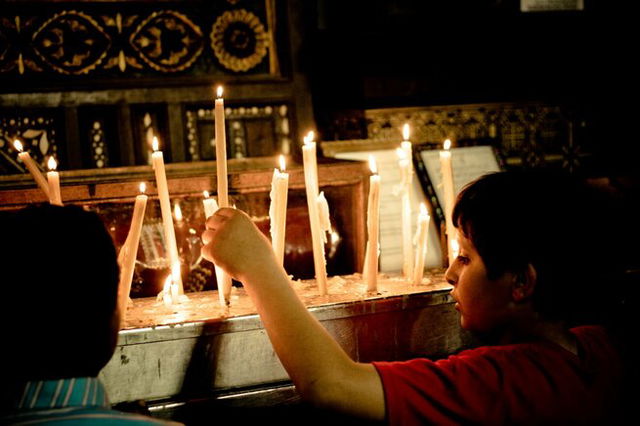
- In Belgrade, Serbia, Orthodox Christmas is celebrated by burning oak branches known as "badnjak", which holds deep symbolic and religious significance.

In some Orthodox traditions, a special bread called "Vasilopita", also known as St. Basil's Bread is prepared. This bread is served in honor of Saint Basil (or Vasilios in Greek). A coin is hidden within the bread and the person who finds it is believed to have good luck for the year.
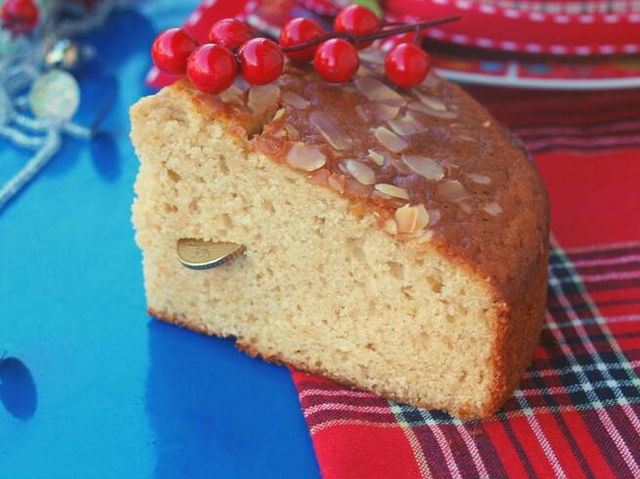
The Orthodox Christmas meal is known as the Holy Supper, and some traditional foods eaten on the day are mushroom soup, porridge, Lenten bread, nuts, dried fruits, cod, biscuits, and honey. Meat is usually avoided.
In some communities, the Holy Supper will traditionally be a twelve-dish meal, of which two important dishes are called Kutia and Uzvar:
- Kutia - a sweet grain pudding made of wheat, poppy seeds, almonds, and raisins.
- Uzvar - a rich drink made of pears, plums, cherries, blueberries, and other fruits.
Orthodox Christmas is all about peace and calm. In the United States, there is a special liturgy (public worship), including a Midnight Mass service on Christmas Eve where a fire is lit, and frankincense is burnt in honor of the three wise men's gifts to Jesus.
If you want to learn more about the Gregorian calendar and the transition to it from the Julian Calendar you can visit our articles on the subject:
And to discover more information about Christmas Day (25th December), look no further than here:
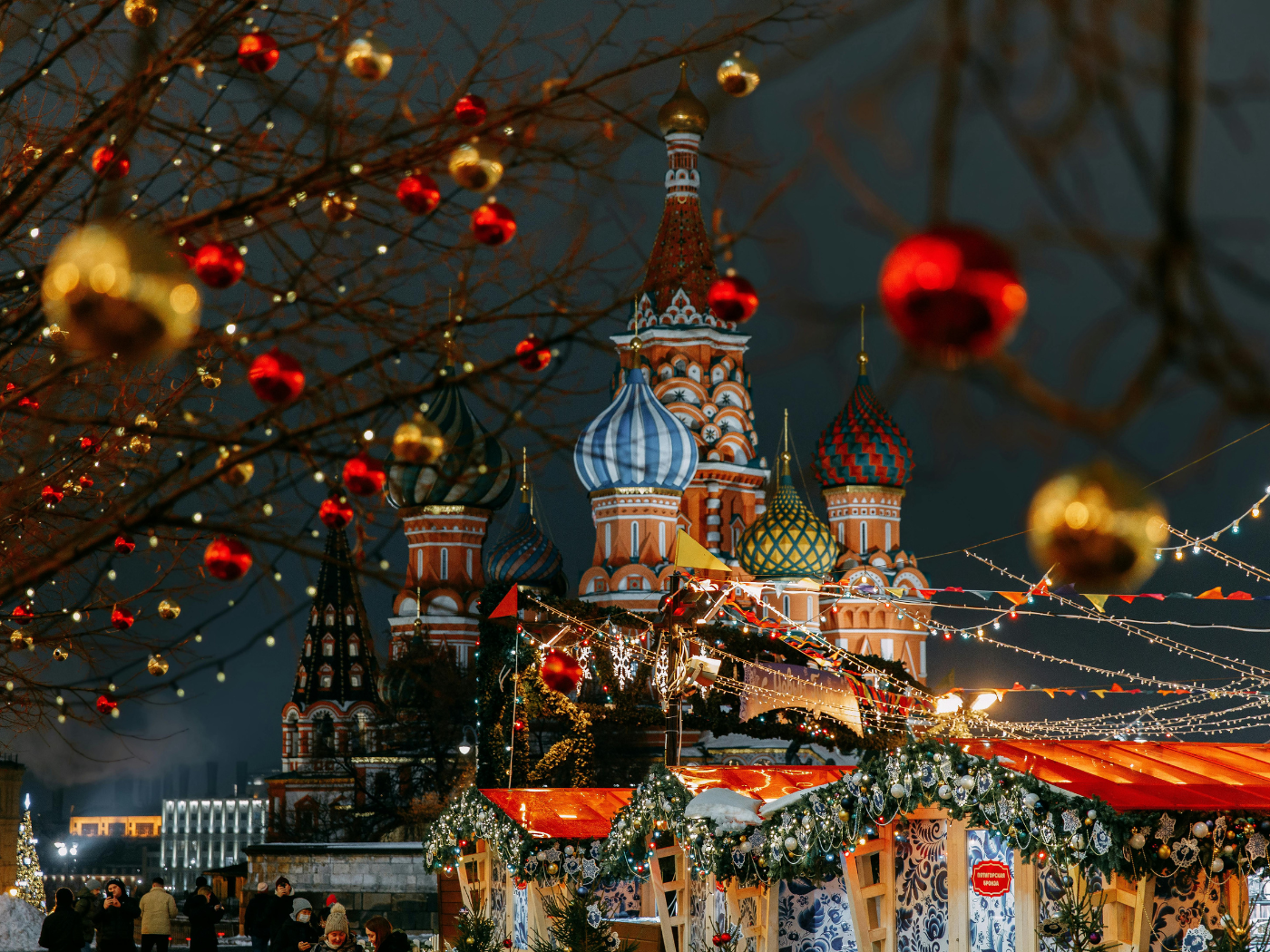
Other Celebrations
-
Dec 08 Mon
-
Dec 21 Sun
-
Dec 24 Wed
-
Dec 25 ThuChristmas Day Holiday
-
Apr 04 Sat
-
May 25 Mon

Orthodox Christmas - Next years
Thursday, 07 January 2027
Friday, 07 January 2028
Sunday, 07 January 2029
